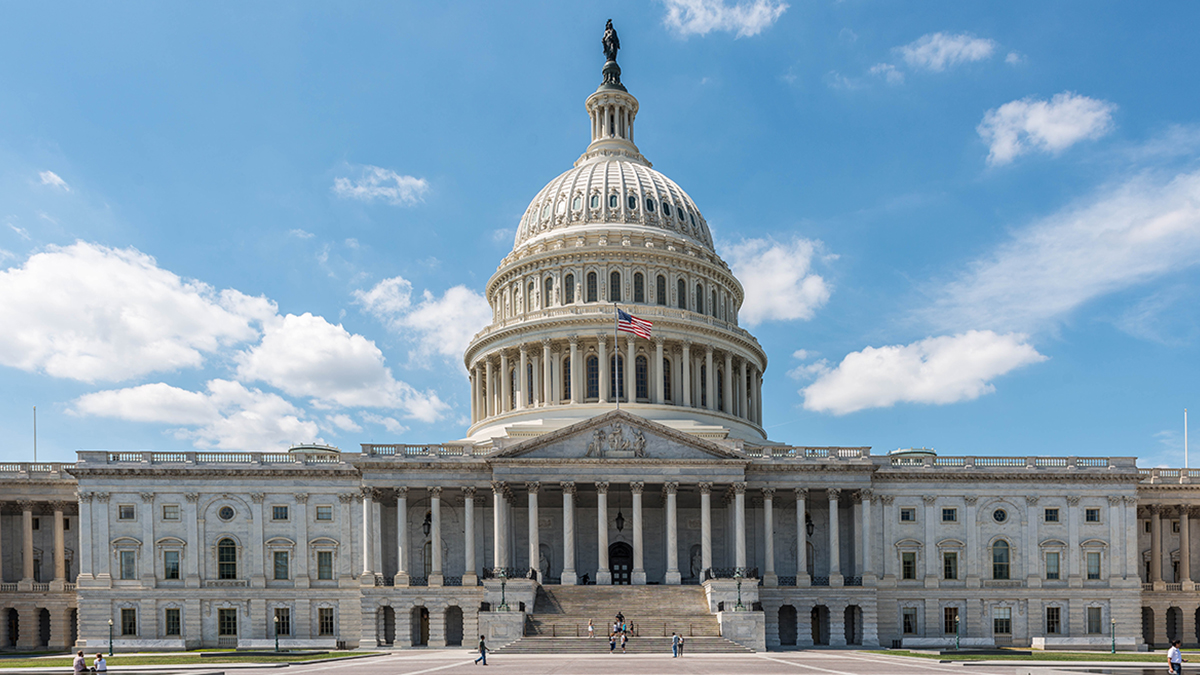New Plan May Allow Companies to Start Drilling Sooner
The Department of Interior recently announced a plan that slashes environmental reviews to one month. Leaning on President Donald Trump’s declared energy emergency, the department aims to limit fossil project reviews to 28 days. The plan drew a mix of industry praise and warnings of legal fights to come.
The move to expedite environmental reviews would only apply to certain projects, such as mining and oil and gas drilling. Wind and solar energy would be excluded, according to the Interior Department.
Interior Secretary Doug Burgum said in a statement:
“The United States cannot afford to wait, we are cutting through unnecessary delays to fast-track the development of American energy and critical minerals—resources that are essential to our economy, our military readiness, and our global competitiveness.”
The department plans to tap into emergency authorities to fast-track the completion of less-intensive environmental assessments, which can take about a year, to just 14 days. Projects requiring a full environmental impact statement are usually a two-year process that can include complex water quality analyses and a close look at the effects extraction could have on endangered species. Such projects will now be reviewed in less than a month.
Interior is planning to apply the truncated review process to projects tied to the production of crude oil, natural gas, critical minerals, uranium, lease condensates, coal, biofuels, geothermal energy, kinetic hydropower, and refined petroleum products. The department also noted it will tap into emergency authorities under existing regulations–the National Environmental Policy Act, the Endangered Species Act, and the National Historic Preservation Act–to accelerate reviews and possibly approvals.
In a letter accompanying the announcement, Interior offered companies a form letter to apply for the emergency processing, which could apply to both projects deemed unlikely to cause environmental damage and those expected to cause ecological harm. Once an applicant applies, the policy directs agencies to complete all environmental reviews “within approximately 14 days” if a project is “not likely” to cause environmental harm. For those predicted to cause damage, agencies could solicit comments from the public for approximately 10 days, followed by completing an environmental assessment within a month.
By contrast, current NEPA procedures generally offer 45-day comment periods on draft environmental impact statements followed by 30-day comment periods for final ones. The directive deletes the requirement of a draft environmental impact statement, instead telling officials to finalize their reviews within the monthlong period.





